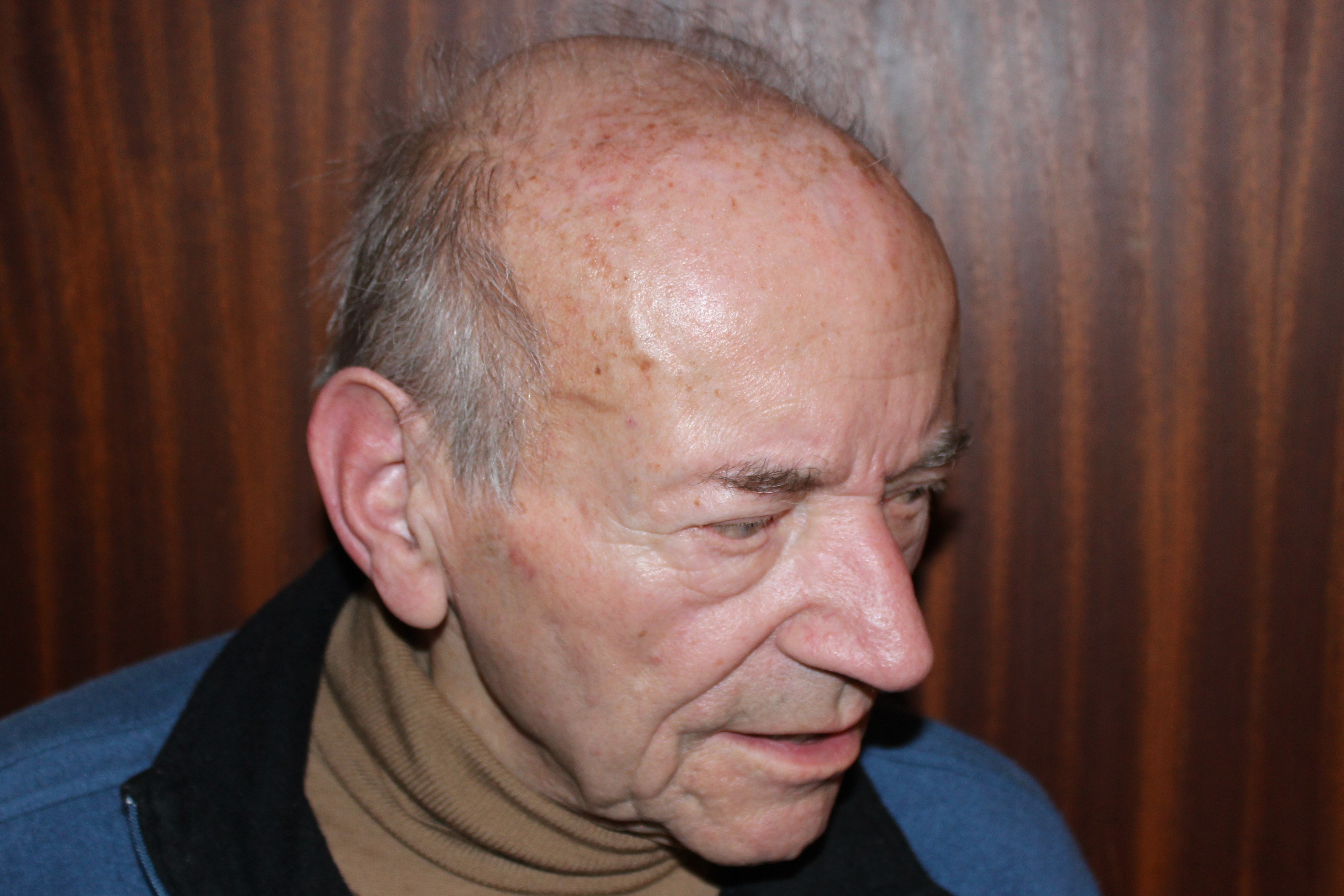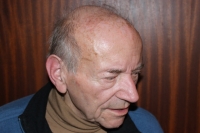I didn‘t want to know the details. You can‘t give away what you don´t know.

Stáhnout obrázek
Jiří Táborský was born on 7 April 1934 in Olomouc and spent the war years with his family in Prague. During the war, his father Jaroslav cooperated with the resistance organisation Central Leadership of the Home Resistance (ÚVOD). After the war, his father began working for the Czechoslovak army and the family had to move often. After the coup inFebruary 1948, the Communists convicted his uncle Josef Entner in a mock trial and he spent 15 years imprisoned. After finishing secondary school in Olomouc in 1952, Jiří started studying at the university in Brno. However, he was expelled two years later - probably for political reasons. From the mid-1950s he worked in the publishing house of the Czech Geological Survey (ČGÚ) in Brno, where he held the position of director. He secretly copied and bound banned books during night at work. Together with his wife Marie, he published more than 100 titles from the 1960s until 1989. He lived through the Velvet Revolution in Brno and retired in the 1990s. In 2022, Jiří Táborský lived in Brno.
